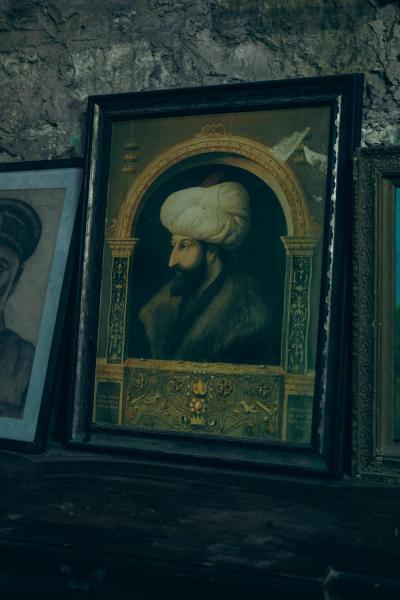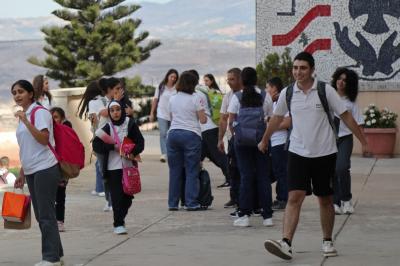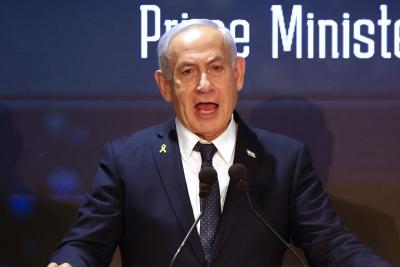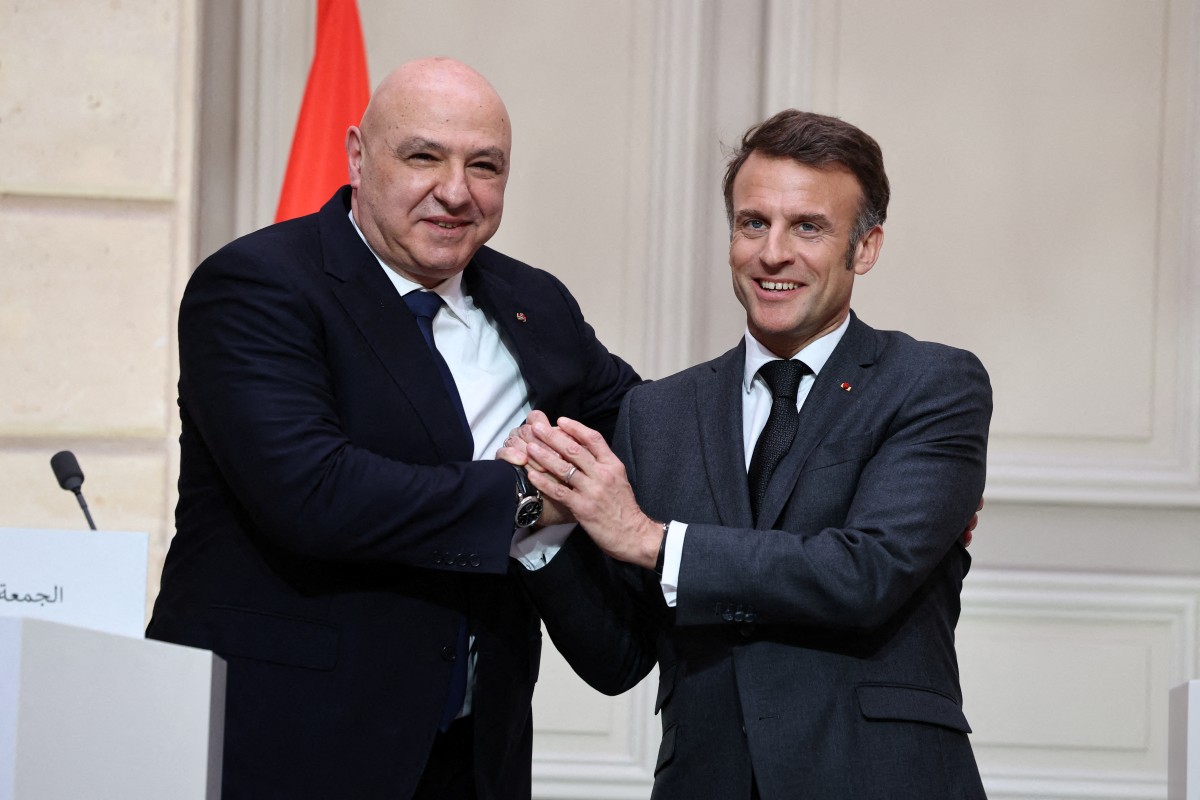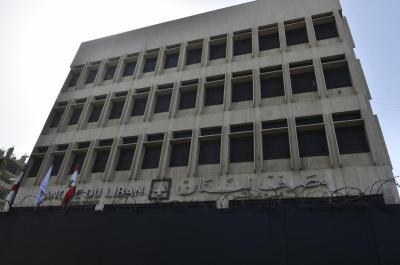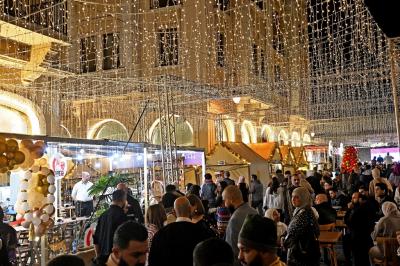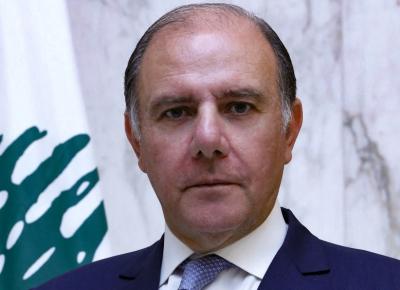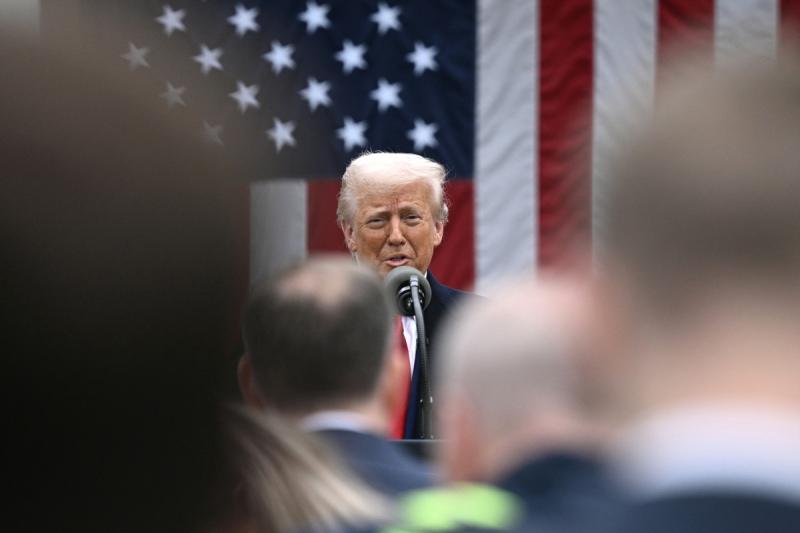President Joseph Aoun has arrived in France for his first official visit to the West — a symbolic and strategic trip that revives the long-standing and unbroken historical ties between Lebanon and France. A few months ago, French President Emmanuel Macron hosted a summit in Paris aimed at financing Lebanon’s reconstruction. The target: one billion euros in aid, investments, and donations. Several French business leaders contacted by the press said they were “eagerly awaiting this visit” to hear Aoun’s vision and strategic direction.
Since Aoun’s election — a move that enjoyed the backing of Paris — there has been growing optimism about launching a process of political and economic reform in a “crisis-stricken Lebanon.” During this landmark visit, the Lebanese head of state firmly reaffirmed that “the Lebanese have always grown up with the strong belief that France is their protective mother. Its support is essential. We have a unique and centuries-old relationship that dates back to the 16th century.”
In that spirit, the visit addressed several key issues aimed at strengthening bilateral relations.
First and foremost was the matter of supporting Lebanon’s reconstruction. Despite the renewed Israeli bombardments on Beirut’s southern suburbs — a Hezbollah stronghold — for the first time in four months, Macron reiterated France’s commitment to Lebanon’s “recovery” and “sovereignty.” The French president described the Israeli strikes as “unacceptable” and condemned them as a “violation of the ceasefire.”
France’s economic support to Lebanon will materialize in the form of an international conference, though no date has been announced. The initiative is expected to mobilize funds for the country’s recovery.
The second key point of the visit focused on “ongoing discussions between the Land of the Cedars and the International Monetary Fund,” according to a source within the French Ministry of Foreign Affairs. In an interview with French newspaper Le Figaro, Aoun confirmed that negotiations with the IMF had resumed following the formation of Lebanon’s new government. France, seen as Lebanon’s “protective mother” in Aoun’s words, is playing a crucial role in facilitating these economic reforms.
Lastly, the two presidents tackled the pressing issue of regional security and the disarmament of Hezbollah. Talks centered on implementing the ceasefire agreement reached in November 2024, with particular emphasis on deploying the Lebanese army in the south of the country and disarming Hezbollah. France, alongside the United States, is a key guarantor of this ceasefire deal.
President Aoun’s historic visit received extensive coverage in French media. France 24 highlighted on its website that “choosing France for this visit was no coincidence, as the country actively supported Joseph Aoun’s election. Moreover, France could reclaim its role as a coordinator of international support for Lebanon.”
In a tense global geopolitical context — with Donald Trump’s dramatic return to the White House — the risk of diplomatic friction is on the rise. While France’s influence has undeniably waned in parts of Africa, it remains strong in parts of the Middle East. Following a rocky start in his dealings with Lebanese authorities, Macron now appears to be restoring a calmer and more historically aligned diplomatic relationship between the two nations.
 French
French

